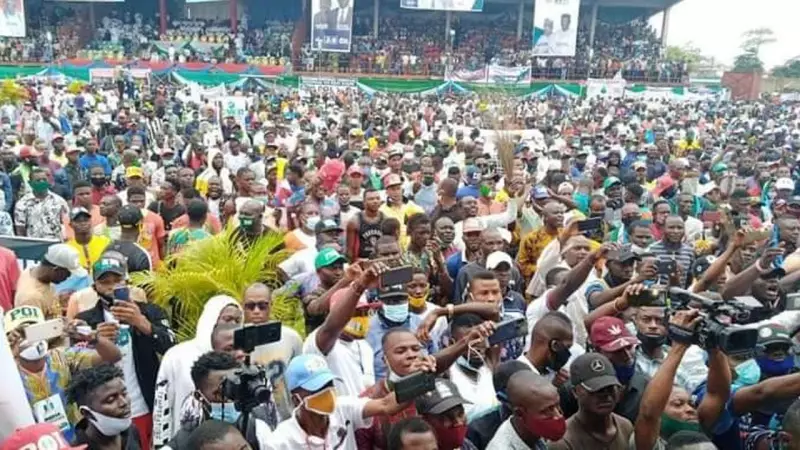
Nigeria stands at a critical crossroads, with multiple political crises converging to threaten the very foundations of the nation's democracy. The current political landscape reveals deep-seated issues that demand immediate attention from both government and citizens alike.
The Electoral Integrity Question
Recent elections have left many Nigerians questioning the credibility of the entire electoral process. From logistical failures to allegations of manipulation, the trust in Nigeria's electoral system has reached dangerously low levels. Many citizens now wonder if their votes truly count, creating a crisis of confidence that undermines democratic principles.
Economic Policies and Public Welfare
The disconnect between government economic policies and the harsh realities facing ordinary Nigerians continues to widen. Soaring inflation, rising unemployment, and increasing poverty rates paint a grim picture of economic management. There's an urgent need for policies that directly address the suffering of millions of Nigerians struggling to meet basic needs.
Security Challenges and Governance
Persistent security threats across various regions highlight significant governance failures. From banditry in the northwest to separatist agitations in the southeast, the government's inability to provide basic security for citizens represents one of the most pressing political crises. This security vacuum not only endangers lives but also threatens national unity.
Institutional Weakness and Accountability
Key democratic institutions appear to be weakening under political pressure. The independence of critical bodies like the judiciary and anti-corruption agencies faces constant challenges. Without strong, independent institutions, the checks and balances essential for democracy cannot function effectively.
Youth Engagement and Political Participation
Despite comprising a significant portion of the population, young Nigerians remain largely marginalized in political decision-making. The failure to adequately engage and incorporate youth perspectives creates a democratic deficit that could have long-term consequences for the nation's political stability.
The Way Forward: Urgent Actions Needed
Electoral Reforms: Comprehensive electoral reforms must be implemented to restore public confidence in the voting process. This includes technological upgrades, transparent result transmission systems, and stricter enforcement of electoral laws.
Economic Revitalization: Government must prioritize policies that directly address the economic hardships facing ordinary Nigerians, focusing on job creation, poverty reduction, and sustainable economic growth.
Security Overhaul: A complete reassessment of security strategies is necessary, with emphasis on intelligence gathering, community policing, and addressing the root causes of insecurity.
Institutional Strengthening: Protecting the independence and integrity of democratic institutions is crucial for maintaining the balance of power and ensuring accountability.
Inclusive Governance: Creating more avenues for youth participation and ensuring diverse representation in political processes will strengthen Nigeria's democracy.
The time for decisive action is now. Nigeria's political leaders must rise to the occasion and address these critical issues before they escalate further. The future of Africa's largest democracy depends on the choices made today.





